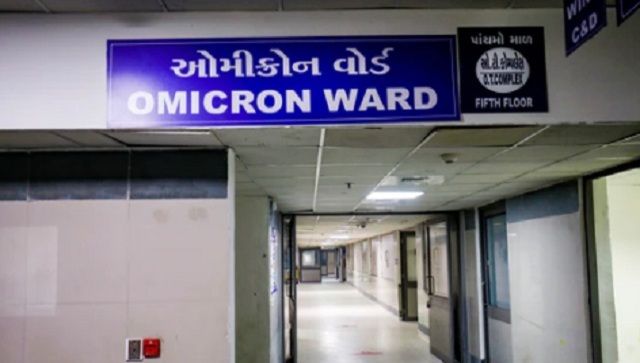New Delhi: India on Wednesday recorded the first death linked to the Omicron variant of the coronavirus after the samples of a man in Rajasthan’s Udaipur, who died last week, showed the presence of the variant, sources in the Union health ministry said. The 73-year-old man, who was found infected with Omicron in genome sequencing and who had tested negative for the infection twice, died in a Udaipur hospital on 31 December, they added. He died due to post-Covid pneumonia coupled with comorbidities - diabetes mellitus, hypertension and hypothyroidism - Udaipur Chief Medical Health Officer (CMHO) Dr Dinesh Kharadi had said. The man was found COVID-19 positive on 15 December and had symptoms like fever, cough and rhinitis and therefore, was admitted to the hospital. A sample was sent for genome sequencing and the results were received on 25 December, in which he was found infected with the Omicron variant of the virus. The man had tested negative for COVID-19 twice on 21 and 25 December.
The 73-year-old man, who was found infected with Omicron in genome sequencing and who had tested negative for the infection twice, died in a Udaipur hospital on 31 December, said the Union health ministry
Advertisement
End of Article


)

)
)
)
)
)
)
)
)



